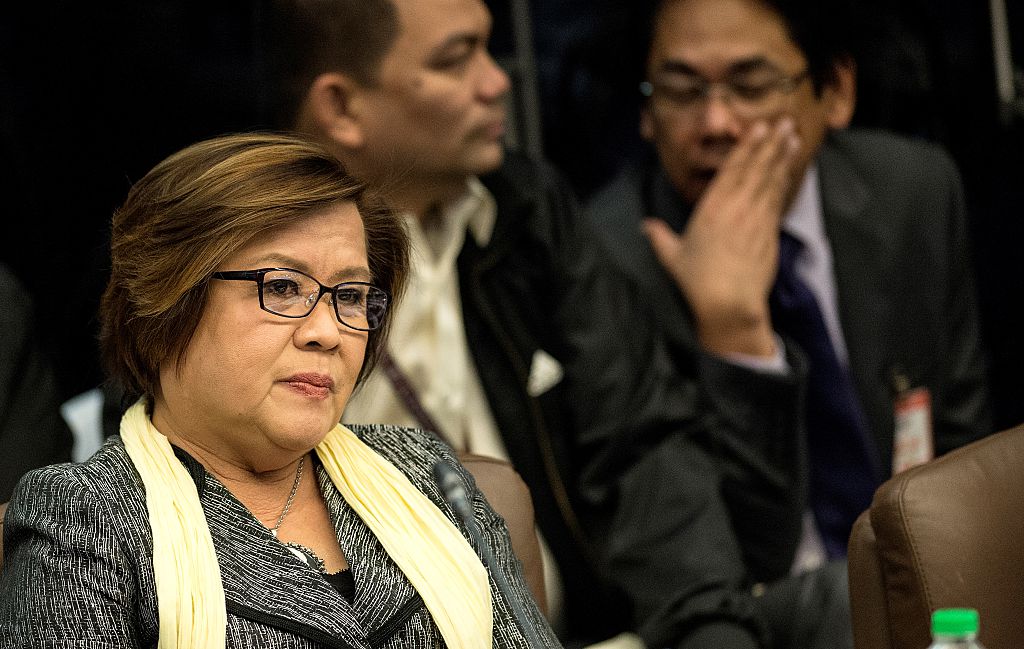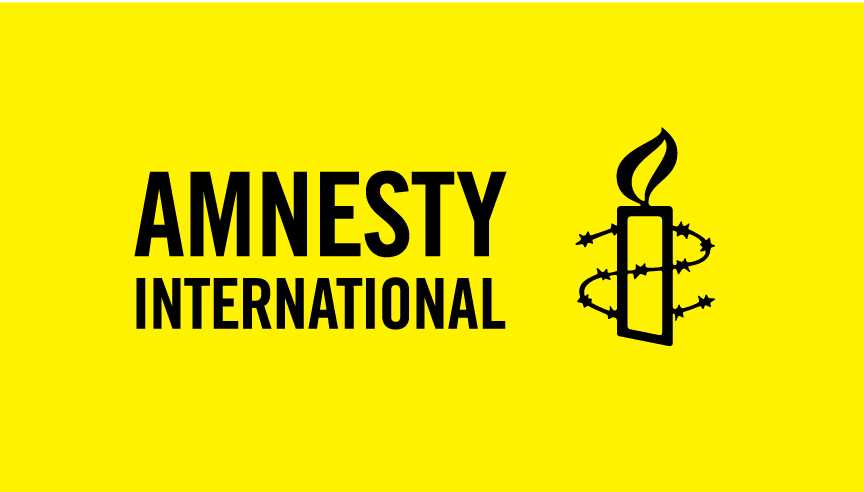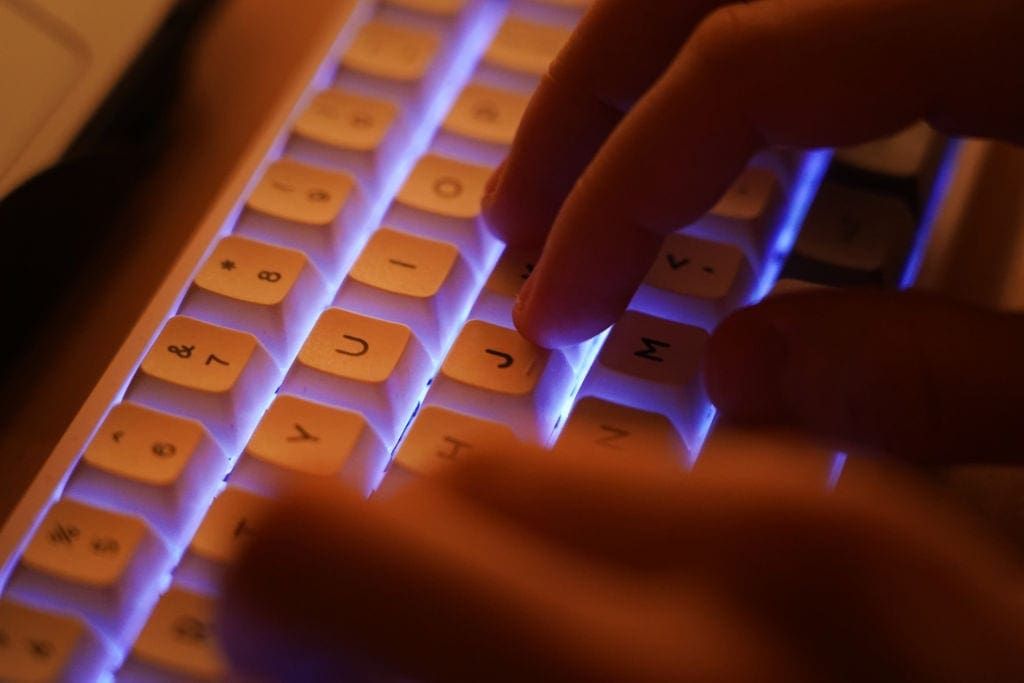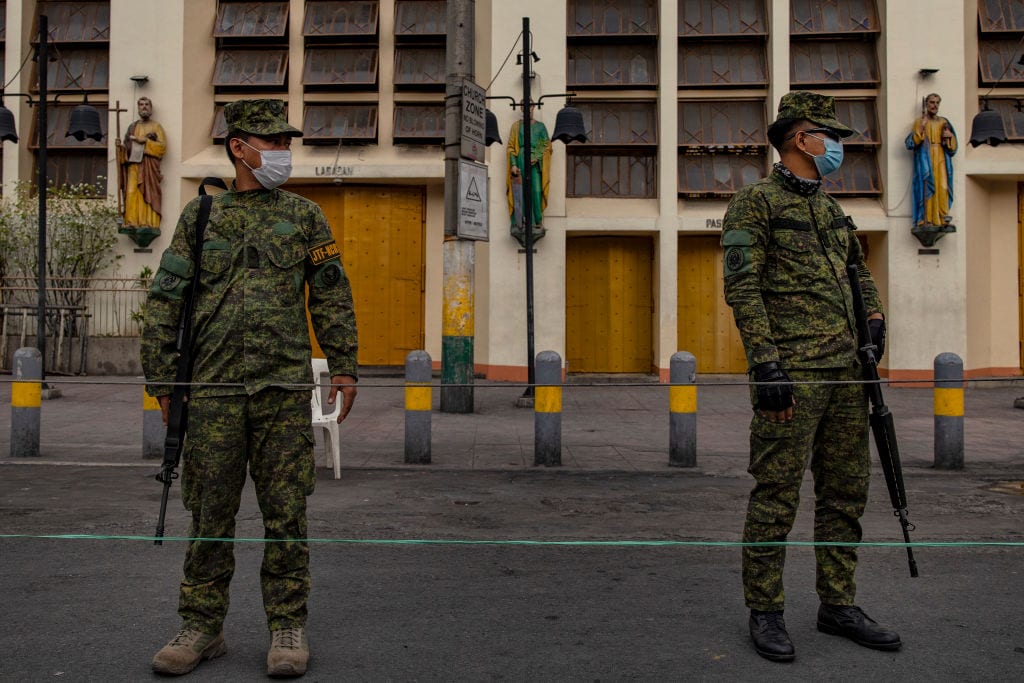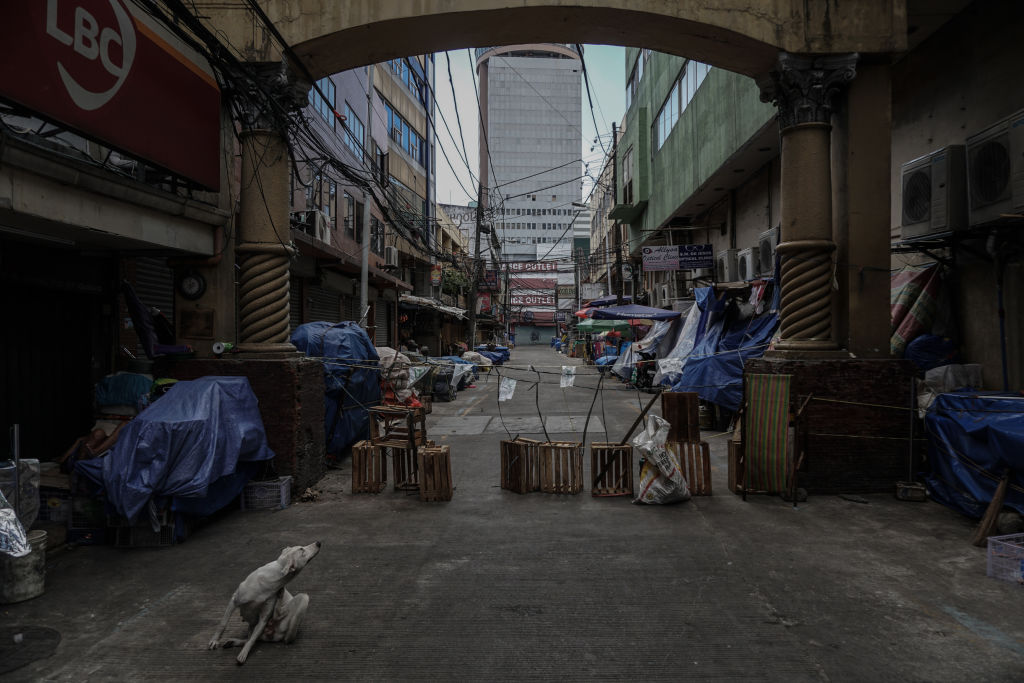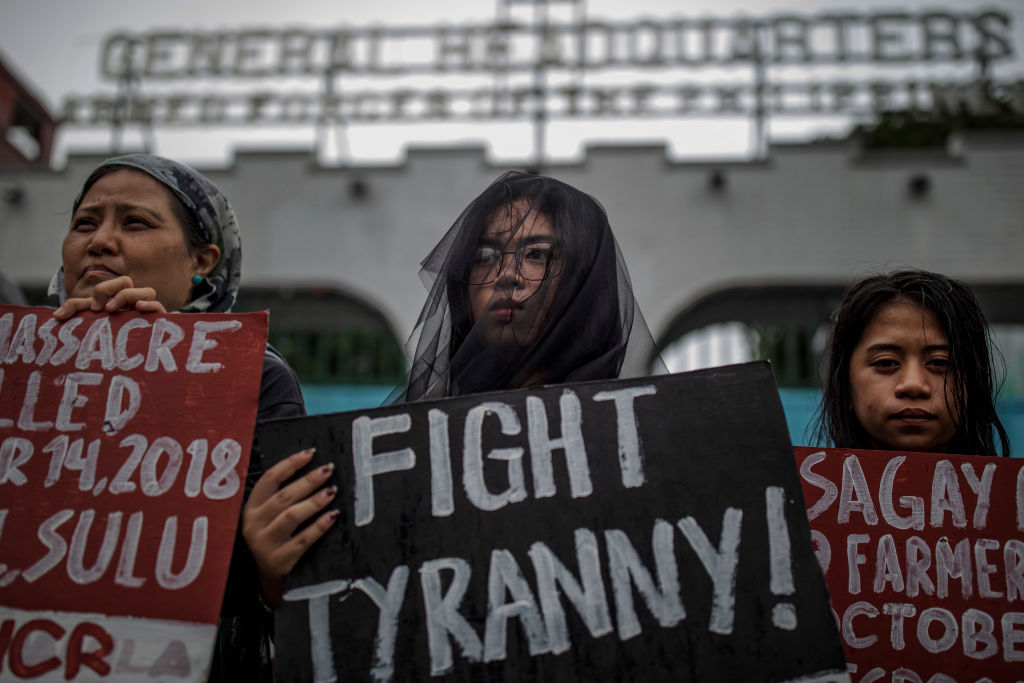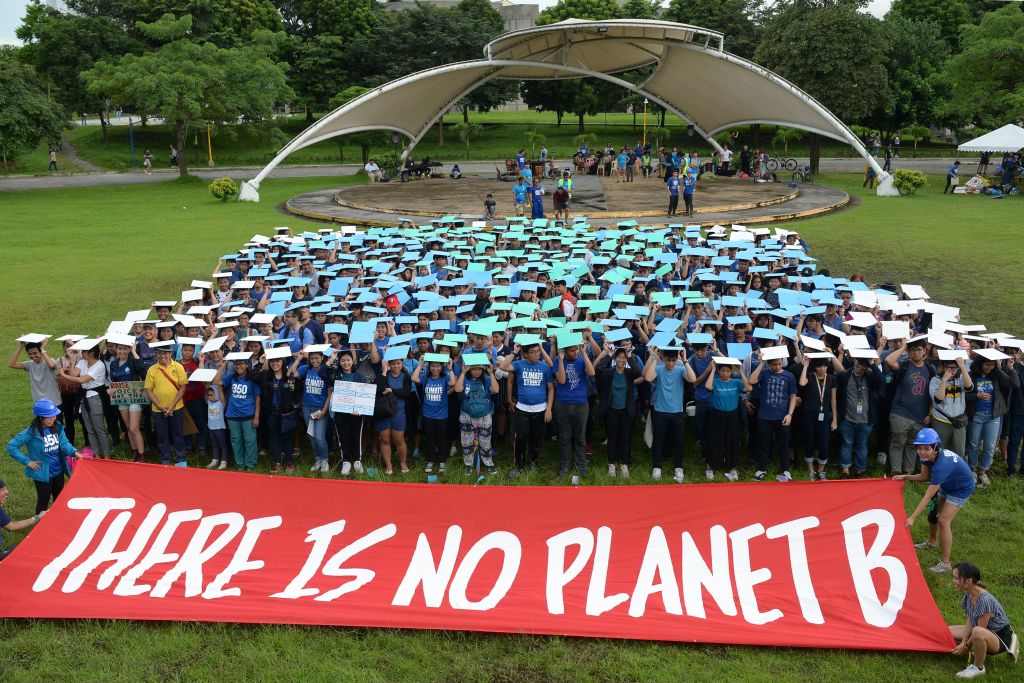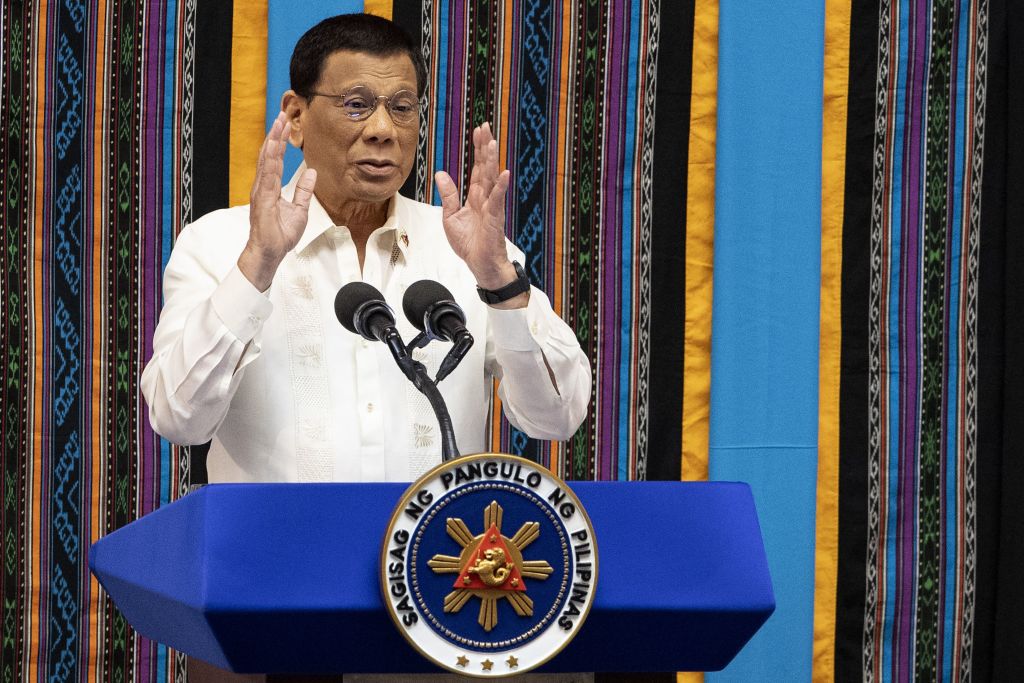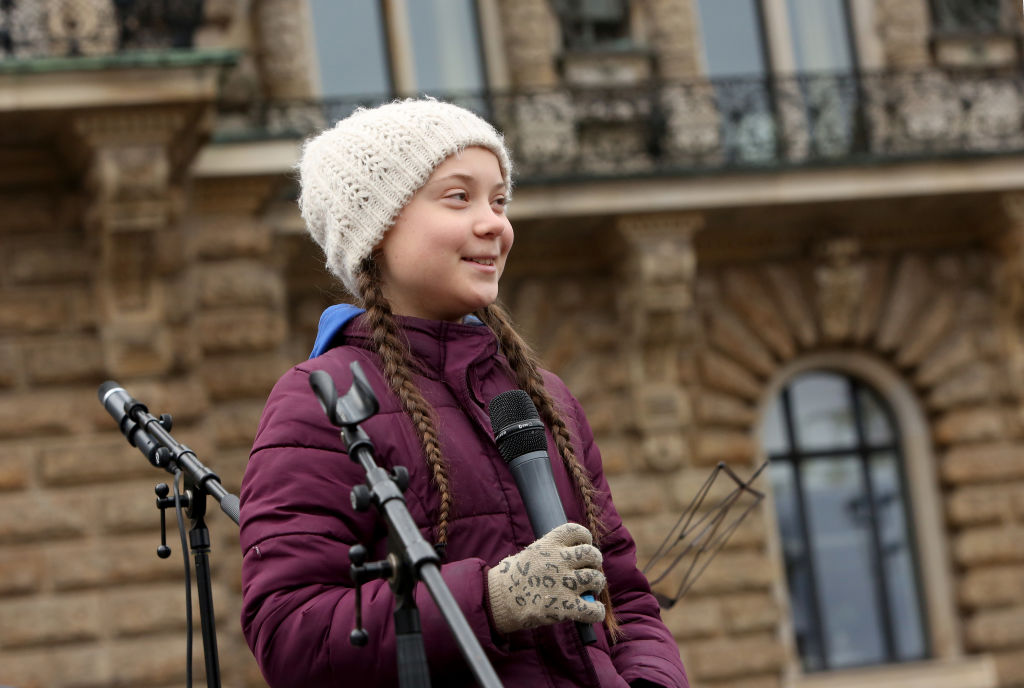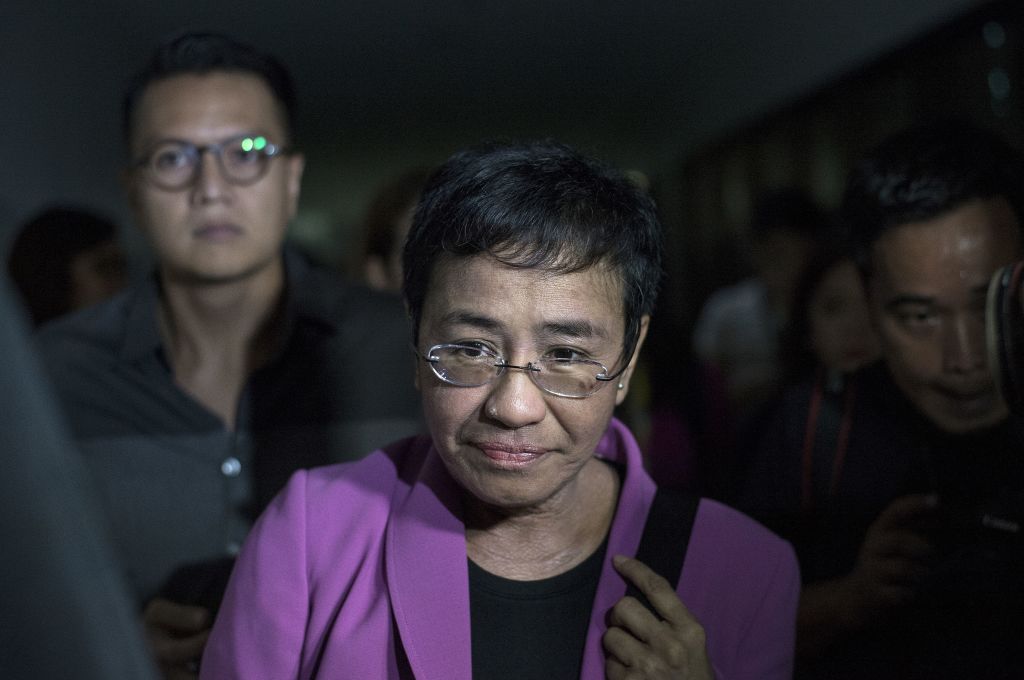The following information is based on the Amnesty International Report 2021/22. This report documented the human rights situation in 149 countries in 2021, as well as providing global and regional analysis. It presents Amnesty International’s concerns and calls for action to governments and others.
PHILIPPINES 2021
Lack of accountability continued to facilitate unlawful killings and other human rights violations under the government’s “war on drugs” campaign. The International Criminal Court (ICC) announced an investigation into crimes against humanity. Human rights defenders, political activists and politicians were subjected to unlawful killings, arbitrary arrest and detention, and harassment. Indigenous peoples were the target of attacks by the authorities and unknown assailants. Inadequate access to healthcare worsened as Covid-19 infection rates rose. Maria Ressa, journalist and critic of the “war on drugs”, won a Nobel Peace Prize but continued to face decades in jail for pending cases brought against her including by the government.Background
Restrictions remained in place in response to the Covid-19 pandemic that disproportionately affected people living in poverty. Preparations began for the May 2022 presidential elections.Extrajudicial executions and impunity
Extrajudicial executions and other human rights violations continued under the government’s ongoing “war on drugs”. President Duterte continued to incite violence against people suspected of using or selling drugs. In his State of the Nation Address in July, he also called on Congress to legislate for free legal assistance for members of the security forces accused of unlawful killings.1 In October, the Department of Justice released partial information from its review of just 52 of the thousands of cases involving killings by police during anti-drug operations. Although the review was woefully inadequate and failed to meet international standards, its limited findings contradicted police claims that lethal force had been justified, and confirmed violations documented by local and international human rights groups.2 In September, the ICC’s pre-trial chamber authorized an investigation into crimes, including the crime against humanity of murder committed in the context of the “war on drugs”, throughout the country between 2016 and 2019, and killings in the Davao area between 2011 and 2016.3 The government said it would not cooperate with the investigation. In November, the ICC announced that it had temporarily suspended the investigation, following a request by the Philippine government. UN experts and human rights groups repeated calls for the UN Human Rights Council (UNHRC) to set up an international investigation into killings and other human rights violations, amid concerns that the joint UN capacity-building and technical assistance programme established under a 2020 UNHRC resolution was failing to advance justice and protect human rights.Repression of dissent
The linking of organizations and individuals to communist groups by the authorities, known as “red-tagging”, led to killings and harassment of human rights defenders, political activists and others. On 7 March, security forces killed nine people and arrested six others in simultaneous raids against “red-tagged” groups in Southern Tagalog. Environmental activists and urban poor community leaders were among those arrested and killed. Allegations by the security forces that firearms and explosives were seized during the raids, and that those killed were resisting arrest, were denied by the groups involved.4 In a speech given two days before the raids, President Duterte said that he had ordered the police and military to “kill” communist rebels. In December, the Department of Justice recommended the filing of murder charges against 17 law enforcement officials for the death of labour leader Emmanuel Asuncion during the raids. Opposition to the Anti-Terrorism Act (ATA), which granted the government broad powers to detain perceived enemies of the state, continued. In December, the Supreme Court, acting on petitions challenging the constitutionality of the ATA struck down two portions of the law, including parts of Section 4 that vaguely and broadly defined acts of terror, which the Court found to be “overbroad and violative of the freedom of expression”. However, the law remained flawed and open to abuse.5 In July, a court in Olongapo city in Central Luzon dismissed charges against two members of the Indigenous Aeta community as a case of mistaken identities. The case was believed to be the first brought under the ATA since it was introduced in July 2020. Prisoner of conscience Senator Leila de Lima, one of the first opposition politicians targeted by the Duterte administration, spent her fifth year in detention. In February, a court dismissed one of three politically-motivated charges against her – that of conspiracy to commit illegal drug trading.Indigenous peoples’ rights
Attacks persisted against Indigenous peoples and Indigenous peoples’ rights activists. In January, the Cordillera police chief issued an order to “shoot-to-kill” Windel Bolinget, a prominent Indigenous peoples’ rights advocate, if he resisted a warrant for his arrest. A politically motivated murder charge against Windel Bolinget was dismissed in July.6 On 28 February, unknown assailants shot dead Julie Catamin, the chief of Roosevelt village in Tapaz municipality, Capiz province. She had been a witness in a case relating to a police raid in December 2020 in which community leaders from the Tumandok Indigenous people were arrested and others killed. On 3 March, masked assailants stabbed and seriously injured Angelo Karlo Guillen, the lawyer for the Tumandok community leaders, in Iloilo City. In February, security forces raided a school in Cebu City in which students from Indigenous communities displaced by armed conflict were living. Seven people, including students, teachers and a community elder, were arrested without warrants and charged with kidnapping and human trafficking. They were detained for three months before the charges were dismissed.Arbitrary detention and unfair trials
In March, the House of Representatives passed a bill amending the Dangerous Drugs Act of 2002. The bill contained provisions that could encourage arbitrary arrests and would violate the right to fair trial, including the presumption of innocence of people accused of using or selling drugs.7 The bill remained before the Senate at year end.Right to health
In April, a sharp increase in Covid-19 cases and deaths was recorded, leading to accusations of government mishandling of the pandemic.8 The already inadequate healthcare system lacked sufficient hospital beds and health workers to treat Covid-19 patients. The government began a Covid-19 vaccination programme in March, but there were concerns about slow implementation, uneven geographical distribution and discriminatory access to vaccines. In August, a report by the independent statutory body, the Commission on Audit, revealed deficiencies in the Department of Health’s handling of funds allocated to the Covid-19 response, including irregularities in the transfer of funds between government departments. The findings prompted a Senate Committee investigation, which recommended that perjury charges be filed against senior executives of a company that had been awarded PPE procurement contracts, Pharmally Pharmaceutical Corporation, and several former government aides.Freedom of expression and association
In October, journalist Maria Ressa was awarded the Nobel Peace Prize, jointly with Russian journalist Dmitry Muratov, in recognition of her fight for press freedom in the Philippines. In June and August, two charges of cyber libel against her were dismissed, but she continued to face other charges for which she could face up to 60 years in prison if found guilty.9 In April, authorities “red-tagged” individuals and groups involved in running “community pantries” that provided food to those in need because of unemployment during the pandemic.Workers’ rights
In August, a report documented abuses of workers’ rights in the nickel mining sector on Dinagat Island, including employment without contracts, delayed payment of wages and non-payment of compulsory benefits.10Death penalty
On 2 March, the House of Representatives passed House Bill 7814 to amend the Comprehensive Dangerous Drugs Act of 2002, which would reintroduce the death penalty for drugs-related offences. The bill remained pending before the Senate at year’s end. Several other bills to reintroduce the death penalty also remained pending before the House of Representatives and the Senate.LGBTI people’s rights
On 18 September, eight LGBTI individuals were injured when an improvised explosive device went off during a volleyball tournament in Maguindanao province. The Bangsamoro parliament condemned the incident as a hate crime and called on the authorities to investigate.Relevant Links
- “Philippines: Widespread killings, rampant impunity show real state of nation”, 26 July
- Philippines: Government Review a Woefully Insufficient Response to Victims Of “War on Drugs” (Index: ASA 35/4911/2021), 22 October
- “Philippines: ICC launches probe in deadly “war on drugs”, seeks to end impunity”, 16 September
- “Philippines: Brutal government crackdown against activists must end now”, 8 March
- “Philippines: Anti-Terror Act remains dangerous and fundamentally flawed”, 9 December
- Philippines: End Attacks Against Indigenous Peoples (Index: ASA 35/3677/2021), 11 February
- Philippines: Amendments to Dangerous Drugs Act an alarming kneejerk reaction to PNP-PDEA shootout”, 3 March
- “Philippines: Country faces health and human rights crisis one year into the Covid-19 pandemic”, 26 April
- “Philippines: Maria Ressa and Dmitry Muratov’s Nobel Peace Prize win is a victory for press freedom Globally”, 8 October
- Philippines: Undermining Workers’ Rights: Labour Rights Abuses in Nickel Supply Chains (Index: ASA 35/4389/2021), 26 August
- For more information visit the Amnesty.org Country page


